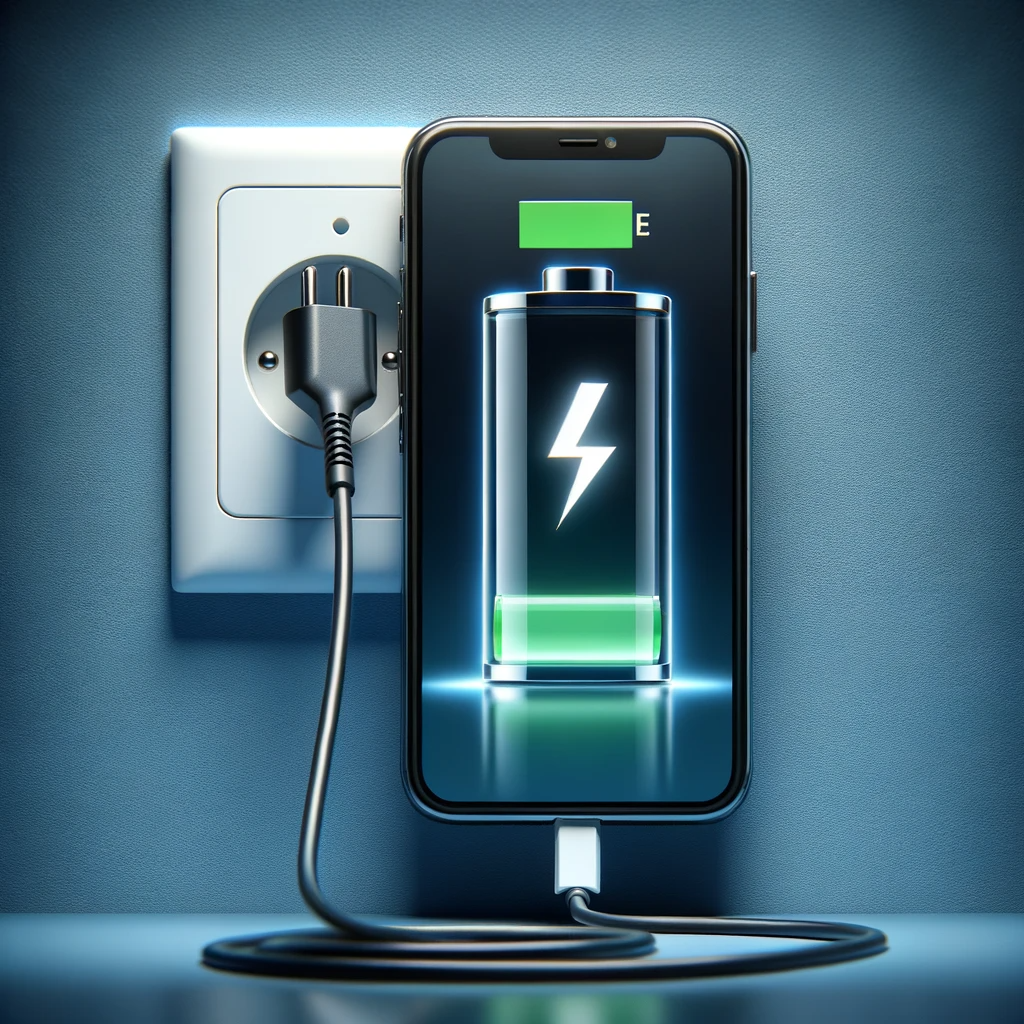Charge
Definition
Charge is a noun and a verb. As a noun, it can refer to an amount of money demanded, responsibility assigned to a person, an accusation, or an electrical property. As a verb, it means to demand payment, to entrust someone with a task, to formally accuse, or to fill a battery or device with electricity.
Parts of Speech
- Noun
- Verb
Pronunciation
American English
- IPA Pronunciation: /ʧɑrdʒ/
- Respelling: charj
British English
- IPA Pronunciation: /ʧɑːdʒ/
- Respelling: chahj
The pronunciation of "charge" varies slightly between American and British English, with British English using a longer "a" sound.
Etymology
The word "charge" originates from Old French "charger," meaning "to load or burden," which in turn came from the Late Latin "carricare," meaning "to load." The term was later adopted in Middle English, where it acquired meanings related to financial demands, responsibility, and electrical properties.
Derivatives
- Charger (noun)
- Charging (verb)
- Charged (adjective)
- Overcharge (verb/noun)
- Recharge (verb)
Synonyms
- Fee
- Accusation
- Responsibility
Antonyms
- Release
- Discharge
- Exoneration
Usage
The term "charge" is used in various contexts, including financial transactions, as in "He was given a service charge." It is also used in legal contexts, "The officer placed him under charge of theft," and in physics, "The atom has a negative charge."
Related Terms
- Billing: The process of requesting payment for goods or services.
- Responsibility: The state of being accountable or in charge.
- Electricity: A form of energy associated with charged particles.
Detailed Definitions
Noun
- An amount of money demanded for a service or product: Refers to a fee or cost associated with a transaction.
- Example: "There was a delivery charge added to the order."
- Responsibility or duty assigned to a person: Often used to describe a task or duty given to someone.
- Example: "He was given charge of the project."
- An accusation or formal allegation of wrongdoing: Commonly used in legal contexts.
- Example: "The defendant faced multiple charges in court."
- An electrical property: Refers to the positive or negative electrical property of a particle, atom, or material.
- Example: "The electron has a negative charge."
Verb
- To demand a payment or fee: Often used in transactions where a payment is required.
- Example: "The hotel charged extra for Wi-Fi."
- To entrust with a task or responsibility: Used when giving someone authority or responsibility.
- Example: "She was charged with organizing the event."
- To formally accuse someone of a crime: Used in legal contexts to indicate an official accusation.
- Example: "He was charged with theft."
- To fill or replenish an electrical device with power: Often used in the context of recharging batteries.
- Example: "Please charge your phone before the trip."
charge



🇨🇳 Mandarin (Chinese)
- 费用
- IPA Pronunciation: /fei˨˩˦ jʊŋ˧˥/
- Respelling in English: fèiyòng
- 指控
- IPA Pronunciation: /ʈʂʅ˨˩˦ kʰʊŋ˥/
- Respelling in English: zhǐkòng
🇮🇳 Hindi
- चार्ज
- IPA Pronunciation: /ʧaːrd͡ʒ/
- Respelling in English: chārj
- आरोप
- IPA Pronunciation: /aːrop/
- Respelling in English: ārop
🇪🇸 Spanish
- Cargo
- IPA Pronunciation: /ˈkargo/
- Respelling in English: cargo
- Acusación
- IPA Pronunciation: /akusaˈθjon/
- Respelling in English: acusación
🇫🇷 French
- Frais
- IPA Pronunciation: /fʁɛ/
- Respelling in English: frais
- Accusation
- IPA Pronunciation: /akyzasjɔ̃/
- Respelling in English: accusation
🇸🇦 Modern Standard Arabic
- تكلفة
- IPA Pronunciation: /taklifah/
- Respelling in English: taklīfa
- اتهام
- IPA Pronunciation: /itˈtiːhaːm/
- Respelling in English: ittiham
🇧🇩 Bengali
- চার্জ
- IPA Pronunciation: /ʧard͡ʒ/
- Respelling in English: chārj
- অভিযোগ
- IPA Pronunciation: /obhijog/
- Respelling in English: obhijog
🇷🇺 Russian
- Плата
- IPA Pronunciation: /ˈplatə/
- Respelling in English: pláta
- Обвинение
- IPA Pronunciation: /obvʲɪˈnʲenʲɪje/
- Respelling in English: obvineniye
🇵🇹 Portuguese
- Carga
- IPA Pronunciation: /ˈkaʁɡɐ/
- Respelling in English: carga
- Acusação
- IPA Pronunciation: /akuzɐˈsɐ̃w̃/
- Respelling in English: acusação
🇮🇩 Indonesian
- Biaya
- IPA Pronunciation: /biˈaja/
- Respelling in English: biaya
- Tuduhan
- IPA Pronunciation: /tuduhan/
- Respelling in English: tuduhan
🇩🇪 German
- Gebühr
- IPA Pronunciation: /ɡəˈbyːʁ/
- Respelling in English: Gebühr
- Anklage
- IPA Pronunciation: /ˈaŋ.klaː.ɡə/
- Respelling in English: Anklage
🇯🇵 Japanese
- 料金
- IPA Pronunciation: /rjoːkin/
- Respelling in English: ryōkin
- 起訴
- IPA Pronunciation: /kiso/
- Respelling in English: kiso
🇻🇳 Vietnamese
- Phí
- IPA Pronunciation: /phi˧/
- Respelling in English: phí
- Buộc tội
- IPA Pronunciation: /bwək˦˥ toj˧˥/
- Respelling in English: buộc tội
🇰🇷 Korean
- 요금
- IPA Pronunciation: /jo.ɡɯm/
- Respelling in English: yogum
- 기소
- IPA Pronunciation: /ɡi.so/
- Respelling in English: giso
🇹🇷 Turkish
- Ücret
- IPA Pronunciation: /yːd͡ʒret/
- Respelling in English: ücret
- Suçlama
- IPA Pronunciation: /sutʃlama/
- Respelling in English: suçlama
🇵🇰 Urdu
- چارج
- IPA Pronunciation: /ʧaːrd͡ʒ/
- Respelling in English: chārj
- الزام
- IPA Pronunciation: /ilzaːm/
- Respelling in English: ilzām





